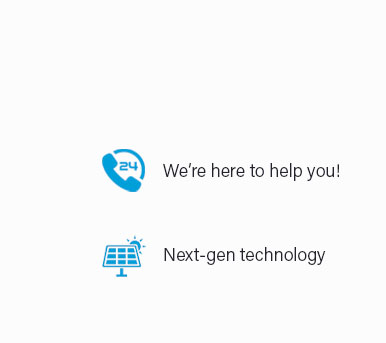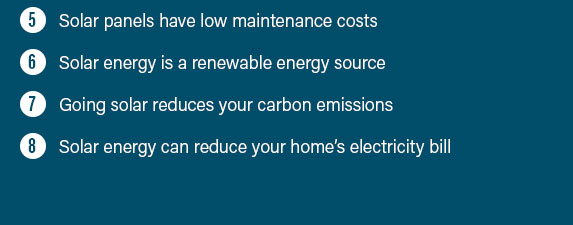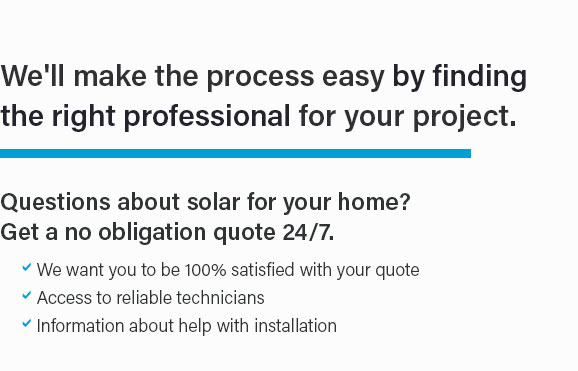 |
 |
 |
 |
 |
 |
 |
 |
 |
 |
 |
 |
 |
 |
|
 |
 |
 |
|
Unleash the power of the sun with our expert solar panels installation quote, where precision meets innovation, directly sourced from top-tier solar panel distributors-experience unrivaled energy efficiency and savings as our seasoned professionals tailor solutions that transform your space into a beacon of sustainable brilliance, all backed by cutting-edge technology and unwavering commitment to quality, so take the leap towards a greener tomorrow, knowing you're partnered with industry leaders dedicated to illuminating your world.
https://solar-store-us.baywa-re.com/
BayWa r.e. US is one of the leading distributors of solar products to contractors across the United States. We provide a trusted, reliable partnership to ... https://www.solarelectricsupply.com/?srsltid=AfmBOoqvlVctrzW9DJjiItFp6cC5Xv4HRQPJMSX03r-xQnOUnB8-kZxi
Solar Electric Supply, Inc. (SES) is America's oldest wholesale solar distributor and a premier provider of solar energy products. https://a1solarstore.com/wholesale-solar-panels.html?srsltid=AfmBOorwlCQMvmVuV7Iw8Bc1h_WwjG8-sYj16q1CjdKo-c10B2tAWz6Y
A1 SolarStore offers PV modules from all over the world for competitive prices and with fast delivery. Let us tell you a little about the panels that we offer, ...
|